This is the second post of the 2 part series for heart health month. The first part is available here.
February is the Heart health month. Heart disease is the leading cause of death for both men and women in the United States. The good news? It is also one of the most preventable. Making heart-healthy choices, exercising regularly, managing stress and adapting to a overall healthy lifestyle will help you keep a Healthy heart.
Here are some more heart healthy foods:
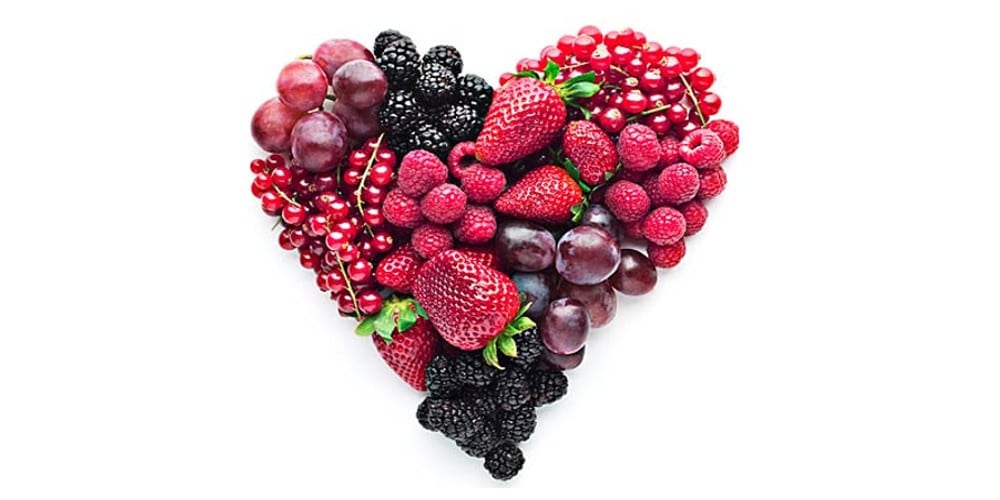
7. Berries
– Berries are a good source of polyphenols, especially anthocyanins, micronutrients, and fiber. Anthocyanins, a type of antioxidant found mostly in the skins of berries, raise HDL the”good” cholesterol, and LDL the “bad” cholesterol. The soluble fiber in the berries also help to lower cholesterol.
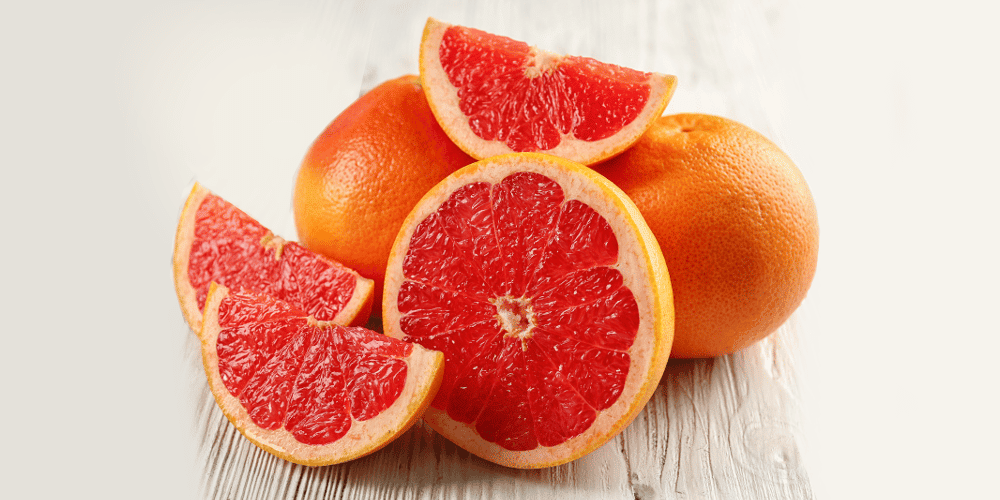
8. Grapefruits
– The powerful nutrient combination of fiber, potassium, lycopene, vitamin C, and choline in grapefruit all help to maintain a healthy heart. Increasing potassium intake is also important for lowering blood pressure because of its powerful vasodilation effects (Vasodilation widens the arteries)
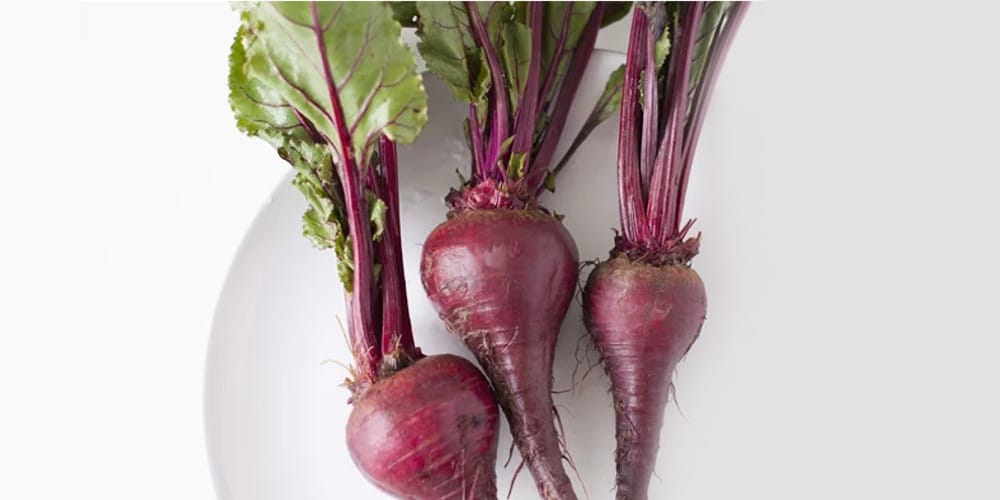
9. Beets
– Beets contain phytochemicals known nitrates. These nitrates interact with your saliva and bacteria on your tongue which convert them into nitrites. When swallowed, these nitrites are converted into nitric oxide in your gastrointestinal tract or re-enter your circulation as nitrite which creates a sort of time-release blood pressure reducing effect. Beets are also rich in a plant alkaloid betaine, as well as the B-vitamin folate, which together deliver a one-two punch for lowering blood levels of homocysteine, which in high levels increases your risk for artery damage and heart disease.
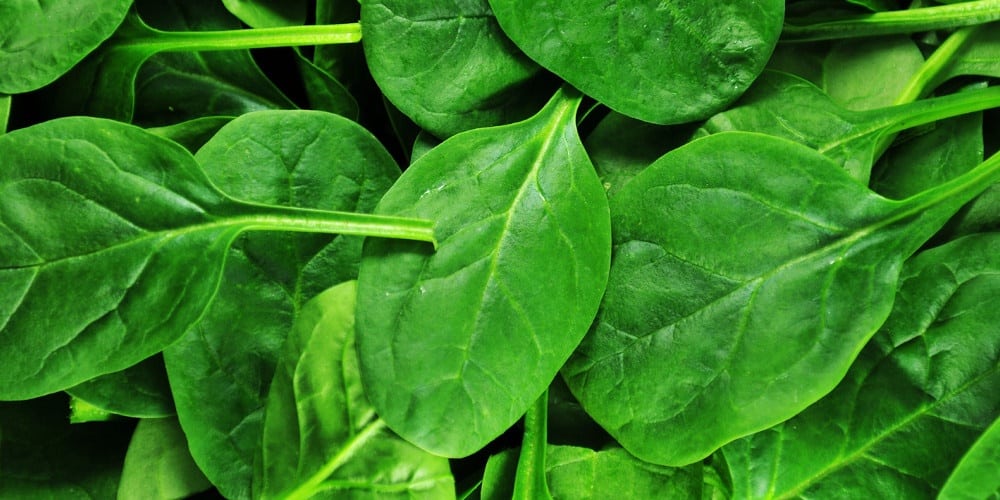
10. Spinach
– The vitamin C, beta-carotene and other nutrients in spinach work together to prevent oxidized cholesterol from building up in the blood vessel walls. Spinach is also rich in potassium and magnesium which also contribute to heart health. Folate in spinach is an important contributor to heart health as it works, along with Vitamin B6 and betaine, to lower serum levels of the dangerous amino acid homocysteine.
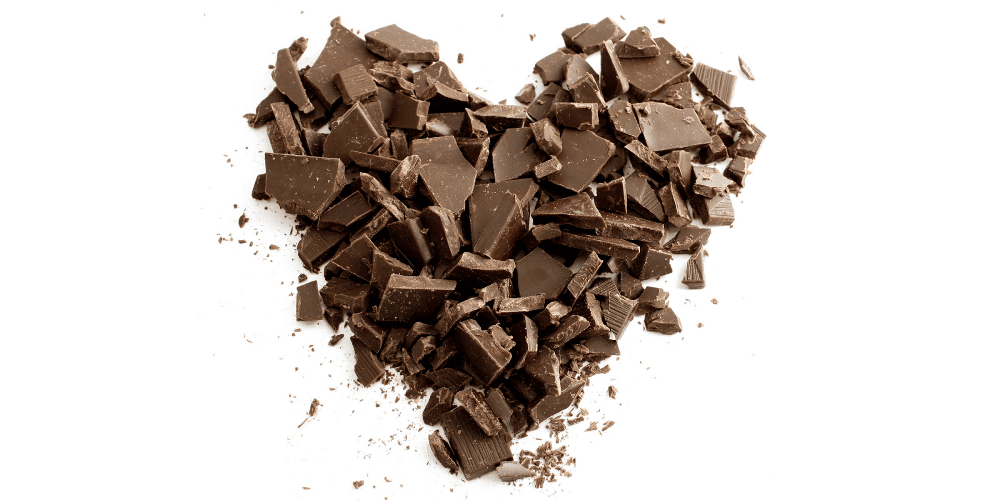
11. Dark Chocolate
-The flavanols in 87%dark chocolate can stimulate the endothelium, the lining of arteries, to produce Nitric Oxide (NO), which is a gas. One of the functions of NO is to send signals to the arteries to relax, which lowers resistance to blood flow and therefore reduces blood pressure. Dark chocolate also lowers the susceptibility of LDL to oxidative damage while increasing HDl and improving insulin sensitivity.
